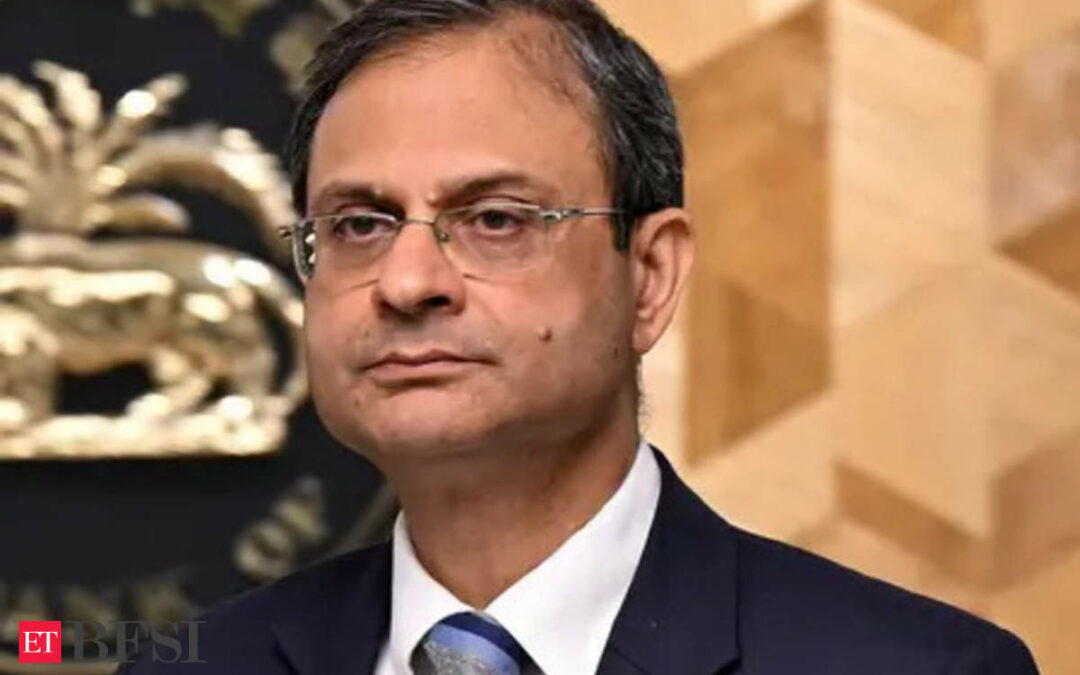RBI Governor Sanjay Malhotra has urged banks and NBFCs to prioritise customer service and grievance redressal, highlighting the sharp rise in complaints escalating to the RBI Ombudsman. He also emphasised the role of artificial intelligence (AI) in enhancing the efficiency of complaint resolution while cautioning against potential risks such as algorithmic bias and data privacy concerns.
Malhotra noted that the number of complaints received under RBI’s Integrated Ombudsman Scheme surged at a compounded annual growth rate of nearly 50% over the past two years, reaching 9.34 lakh in FY24.
“The number of complaints processed at the Office of RBI Ombudsman increased by 25 per cent from about 2,35,000 in 2022-23 to almost 2,94,000 in 2023-24. Not only are large number of complaints getting escalated, a large proportion of them – nearly 57 per cent of the maintainable complaints last year – required mediation or formal intervention by the RBI Ombudsmen. You would all agree that this is a highly unsatisfactory situation and needs our urgent attention, Malhotra said delivering the inaugural address at the Annual Conference of the RBI Ombudsmen in Mumbai.
Calling for immediate corrective measures, Malhotra urged MDs, CEOs, and branch managers of financial institutions to dedicate regular time to addressing grievances. He stressed that unresolved grievances not only indicate systemic flaws but also erode customer trust and loyalty.
To improve internal grievance mechanisms, Malhotra recommended a multi-tier redressal structure in large financial institutions, ensuring that unresolved cases are escalated to senior decision-makers.
“While the regulations do not make any prescription for the organisational structure for grievance redressal, my experience suggests that there should be at least two levels for grievance redressal in large REs, with unresolved grievances getting escalated from the lower to the higher level. The highest level should be at a fairly high rank. This to ensure that requests do not get rejected without having been examined by a senior functionary who is empowered to take decisions in consumer interest,” Malhotra said.
Areas of improvement
The Governor highlighted key areas for service improvement, including Know Your Customer (KYC) processes, digital fraud prevention, and responsible financial practices.
“Once the customer has updated his details, for example, his residential address, with one regulated entity of any financial sector regulator, it gets updated in CKYCR and other REs are notified of the updation. PML Rules made by the Department of Revenue in the Ministry of Finance and RBI’s Master Directions on KYC mandate regulated entities to check the CKYCR system before seeking KYC documents for opening an account. However, most banks and NBFCs have not enabled the same in their branches/business outlets, causing avoidable inconvenience to customers. This may be facilitated early. This will be in the interest of all,” he said.He also called for stronger measures to combat rising digital fraud and to curb mis-selling and aggressive loan recovery practices.
“Another important issue connected to customer protection is rising digital frauds. It is a matter of great concern that innocent customers continue to fall prey to scamsters. While this could be attributed to rise in digital transactions and innovative methods adopted by fraudsters, lack of customer awareness is also a major reason for the same. To mitigate this menace, REs not only need to put in place robust internal controls but also enhance digital financial literacy,” Malhotra said.
Use of AI
On AI’s potential in grievance redressal, Malhotra advocated for its use in complaint categorisation, resolution routing, and predictive analytics. AI-driven chatbots and voice recognition tools, he said, could enhance efficiency by operating in multiple languages and providing round-the-clock assistance. However, he warned against risks related to data security and biases, stressing the need for human oversight and ethical AI deployment.
While acknowledging technology’s role in streamlining processes, Malhotra underscored the irreplaceable value of human empathy in customer service. He urged financial institutions to invest in staff training, particularly in behavioural skills, and to empower employees to resolve grievances effectively.
Assuring the financial sector of RBI’s support, Malhotra stated that the central bank is reviewing its Citizen’s Charter to streamline regulatory approvals and services. He also announced the mandatory use of PRAVAAH, RBI’s centralised web-based portal, to ensure timely processing of applications and regulatory requests.









